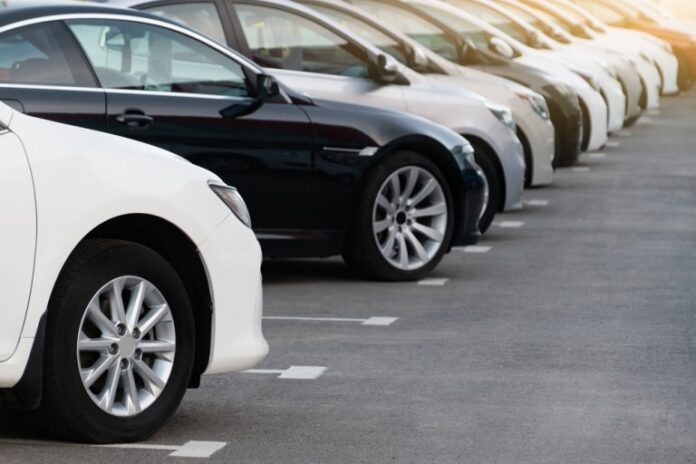Purchasing a used car can be an exciting journey, offering the potential for significant savings compared to buying a new one. However, it also comes with its set of risks, primarily related to the vehicle’s past. That’s where a vehicle history report becomes indispensable.
This document provides a comprehensive look into the car’s background, revealing critical details that can help make an informed purchase decision.
Why is a Vehicle History Report Crucial?
A vehicle history report is essential for uncovering the past of a used car, which can significantly affect its safety, performance, and value. It acts as a window into the car’s history, offering insights that are critical to avoiding costly mistakes. Here’s what a detailed DMV VIN report can reveal:
- Accident History: Knowing if the car has been in any accidents is crucial. The severity and nature of the accidents can significantly affect the vehicle’s structural integrity and future reliability.
- Service History: Regular maintenance and service records indicate how well the vehicle was taken care of. A car with a complete service history is likely to be more reliable.
- Previous Ownership: This includes details about how many owners the vehicle has had and how it was used (personal, lease, rental, etc.). Frequent changes in ownership revealed in a DMV VIN lookup can be a red flag.
- Title Status: The report can reveal vital information about the car’s title, such as whether it has ever been declared as salvage, rebuilt, or flood-damaged.
- Odometer Readings: To detect odometer fraud, the report checks for discrepancies in mileage readings over time.
- Recall Information: It provides details about past and present recalls issued on the vehicle, which might not have been addressed.
Benefits of a Vehicle History Report
- Informed Decisions: Armed with knowledge about the car’s past, you can make a more informed decision about whether or not the car is worth buying.
- Negotiation Leverage: Understanding the car’s true condition can provide significant leverage in price negotiations, potentially saving you money.
- Peace of Mind: A clean history report can provide peace of mind, knowing the vehicle doesn’t have hidden problems that could cause headaches later.
Considerations When Reviewing a Vehicle History Report
- Sources: Ensure the report is obtained from a reputable source, which gathers information from a multitude of sources, including government agencies like the Department of Motor Vehicles, police reports, and repair shops.
- Comprehensiveness: Look for a report that covers all the critical aspects of the car’s history. Some reports might be more detailed than others.
- Recency: Ensure the report is up to date. A report that’s several months old might not include the most recent information, such as a new accident.
- Verification: Verify any alarming information directly with a mechanic or directly from relevant databases when possible.
In Conclusion
While a vehicle history report is an additional expense when buying a used car, the investment is minimal compared to the cost of buying a problematic vehicle.
Remember, the goal of purchasing a used car is not just to save money upfront but also to ensure that the vehicle does not become a financial burden due to unforeseen issues.
